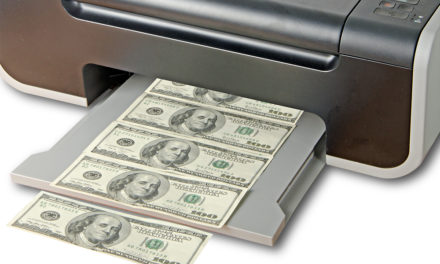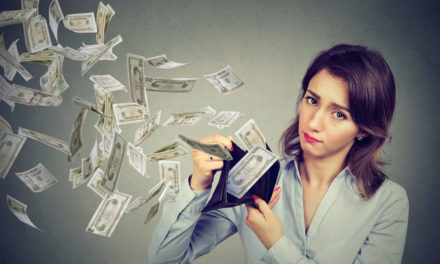With recession signals like the yield curve inversion, Treasurys hitting record lows, manufacturing contracting for the first time in a decade and so on, there’s another less-watched signal: What rich people are spending — or not spending — their money on.
According to a recent report by CNBC, the rich have cut spending on everything from jewelry, homes, real estate, retail stores, classic cars and art, sparking fears that a trickle-down recession starts at the top.
The middle class is still spending but if rich people aren’t spending, it’s a bad sign of things to come, economists say.
One sector having its worst year since the throes of Great Recession is luxury real estate. In fact, the Manhattan market has seen six straight quarters of sales decline. The sales of homes priced $1.5 million and up have fallen more than 5% in the U.S. during the second quarter, according to Redfin. Mansions and penthouses are reportedly sitting unsold, particularly in places like Aspen, Colo., and the Hamptons in New York.
Per CNBC, no one is faring worse than luxury retailers after Barney’s filed for bankruptcy and Nordstrom slogging through three straight quarterly declines in revenue, while Walmart and Target are reporting growth that is better than expected.
Less than half of cars priced above $1 million at this month’s big Pebble Beach car auctions, which generally post regular price records, have sold, while cars priced under $75,000 sold out quickly.
Art auction sales also are down for the first time in years as sales at Sotheby’s fell 10%, while Christie’s auction sales have cratered 22% from a year ago.
However, tax changes are in part to blame for the decline in real estate, and new luxury cars are still selling.
But recent data does show that rich people are starting to pull back on their spending and if it falls further, the economy in general will start to suffer. The top 10% of earners account for about half of consumer spending, according to Moody’s Analytics, but their spending has slowed for two years straight.
“If high-income consumers pull back any further on their spending, it will be a significant threat to the economic expansion,” Moody’s chief economist Mark Zandi told CNBC.
While not spending as much, rich people are hoarding their cash in savings. Middle-income people in the 40% to 89.9% of the income distribution, have largely picked up the spending slack.
“If job growth slows any further, unemployment will begin to rise, (the middle class) will pack it in, resulting in an economic downturn,” Zandi said.
The biggest driving forces behind the downturn in spending by the wealthy — volatile stock markets and a slowing global economy. The top 10% of earners own more than 80% of U.S. stocks so they are far more sensitive to sudden market swings.
The wealthy also own companies that do business overseas, which has become a bit more complicated at a time when trade wars are waging.
The rich of course still have money to spend, but they are spending less and less of it while the middle class is helping to keep the economy afloat thanks to strong unemployment numbers.




